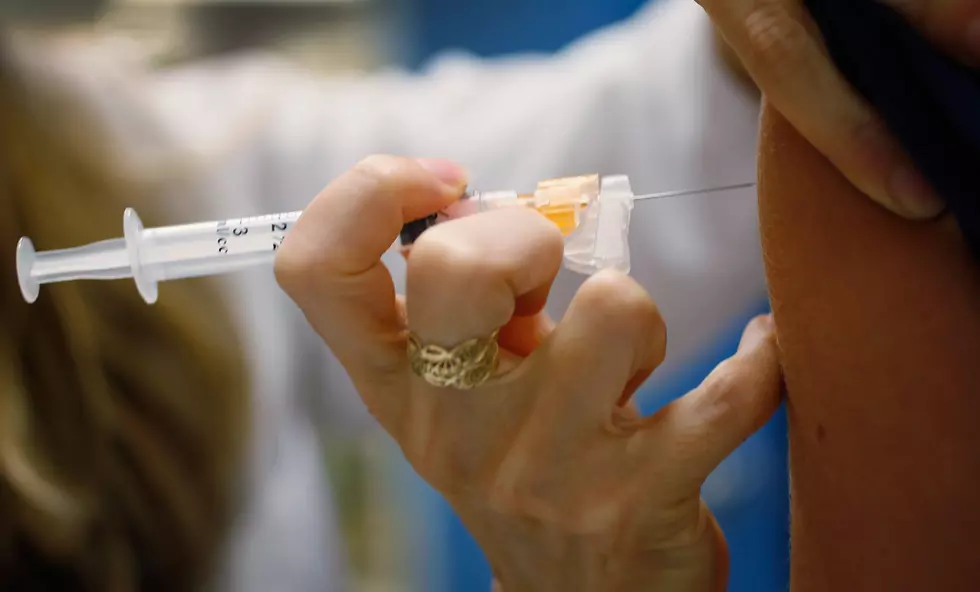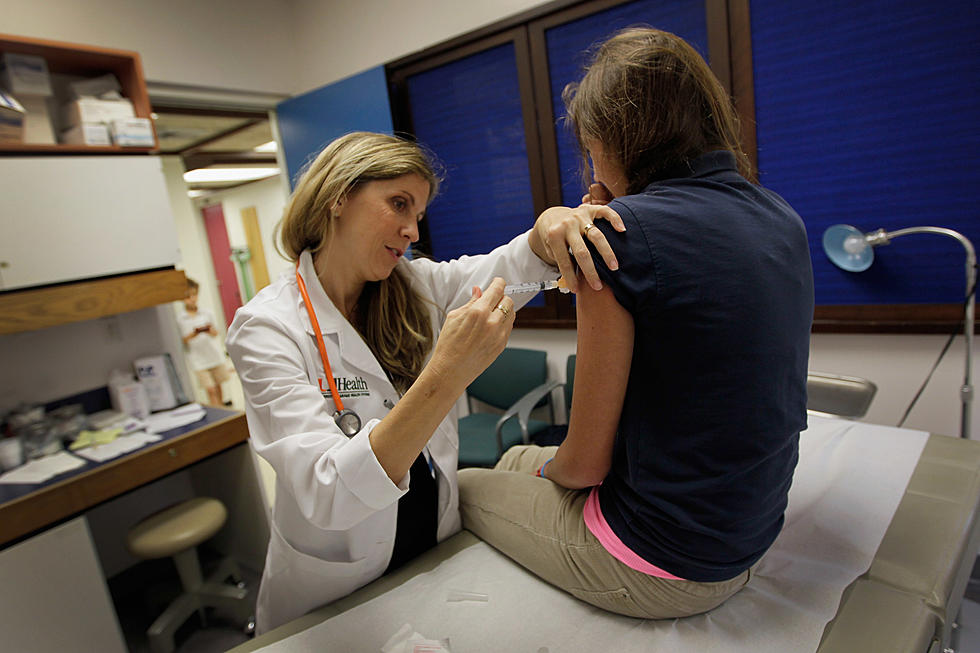![Early Detection, Vaccine Key to Preventing Cervical Cancer [AUDIO]](http://townsquare.media/site/385/files/2014/01/125767586.jpg?w=980&q=75)
Early Detection, Vaccine Key to Preventing Cervical Cancer [AUDIO]
Each year, as many as 8 percent of women in New Jersey will be diagnosed with cervical cancer. Nationally, that number is more than 12,000. January is National Cervical Cancer Awareness Month and experts are urging women to take the necessary steps to prevent the disease.
Cervical cancer is caused by the human papillomavirus, or HPV. HPV is one of the most common sexually acquired infections. Nearly 80 million Americans have been exposed to HPV.
Screening is done with a Pap test which should be conducted in sexually active women beginning at the age of 21. An HPV vaccination is given to children, both boys and girls, between the ages of 9 and 12.
Here are a few facts women should know about cervical cancer and HPV:
- Women who are sexually active should begin cervical cancer screening at age 21.
- Women between the ages of 21 and 29 should have a Pap test every three years. HPV testing should not be used as a screening test in women between 21-29 years.
- Women between the ages of 30 and 65 may have a Pap test and an HPV test (called a co-test) every five years if the test results are normal. Alternatively, women of this age group may have a Pap test (without an HPV test) every three years.
- Women older than 65 who have had regular screenings with normal results should not be screened for cervical cancer. Women who have been diagnosed with cervical pre-cancer should continue to be monitored and screened.
- The HPV vaccine is most effective when administered to children before they are sexually active (about 9-12 years old). It protects both girls and boys. Parents should speak with their child's pediatrician to find out what is right for their daughter or son.
- Ask your physician if your cervical cancer screening test will be performed by an accredited laboratory to ensure accurate test results. The CAP accredits more than 7,500 laboratories worldwide and sets standards that exceed U.S. government regulations.
- HPV can also cause throat cancer. Actor Michael Douglas was diagnosed with this type of cancer.
- While there is no screening test of HPV-related throat cancer, the HPV vaccine does protect against the strains of the virus that can cause it.
"HPV is a very common virus. Anyone who has ever had sex has had HPV. The problem is for the people in which it stays around. Normally, over 90 percent of people are exposed to the virus and then it goes away within 18 months," said pathologist Dr. Ann Moriarty of the College of American Pathologists. "The small number of women in which it does persist are the ones who are at risk of cancer. By having the tests, we can treat the patient earlier before it becomes cancer."
More From New Jersey 101.5 FM









